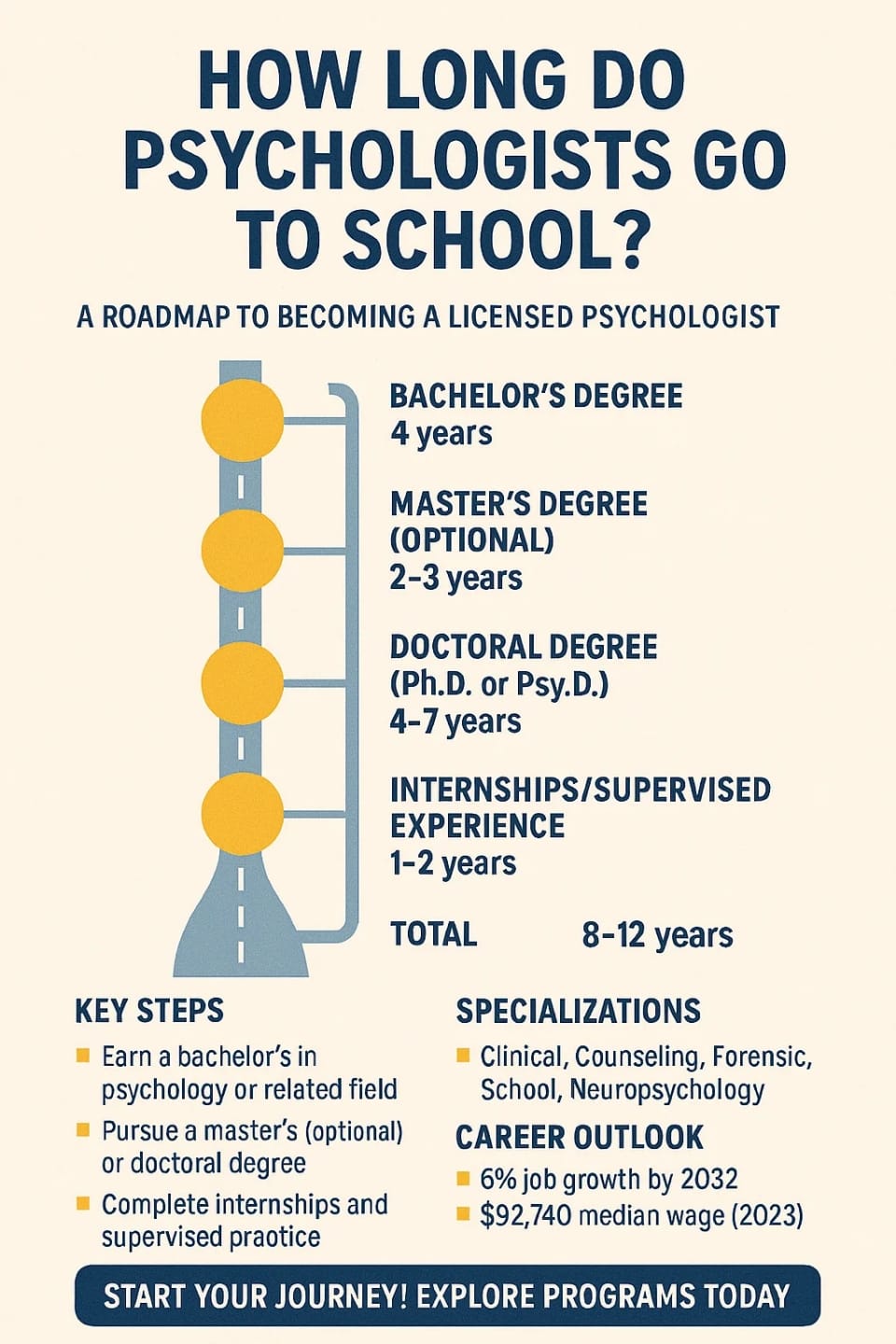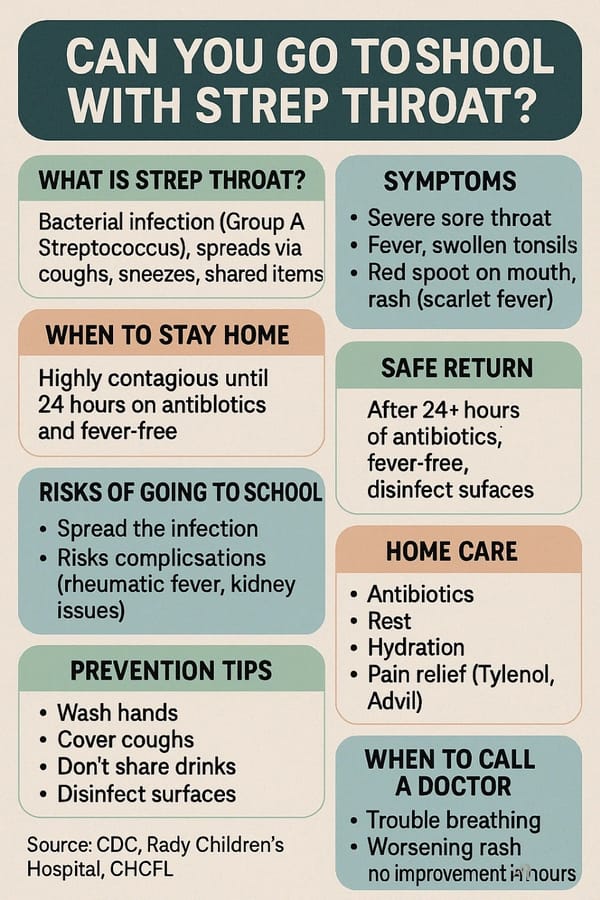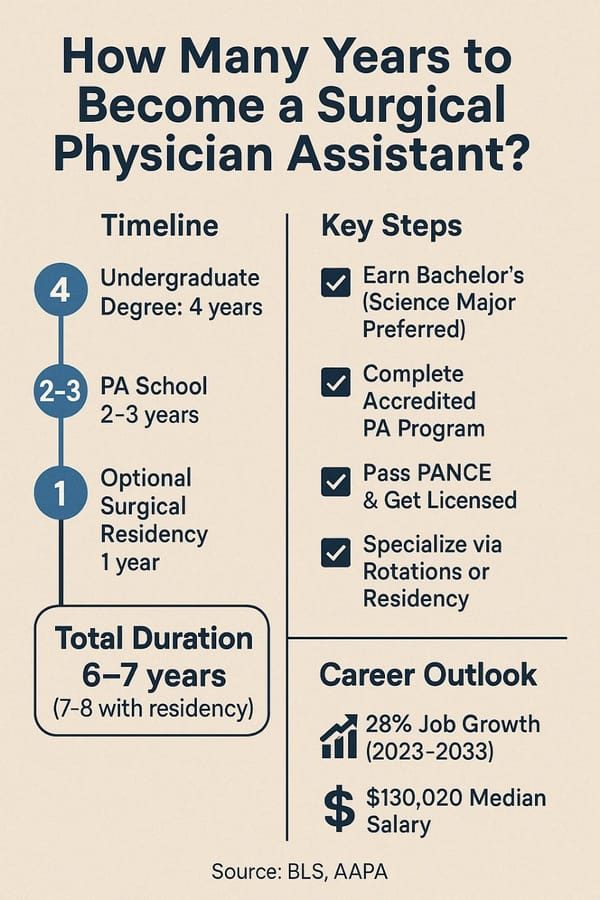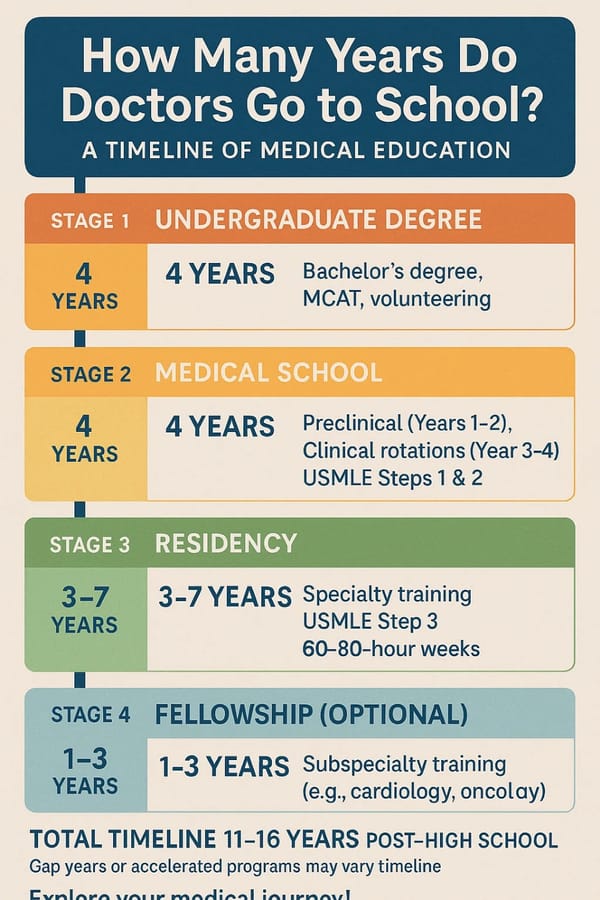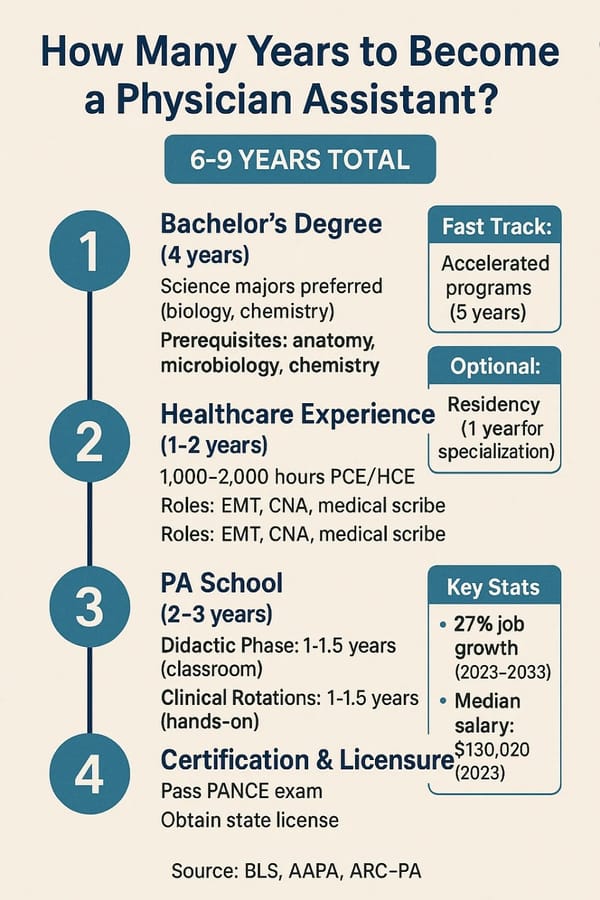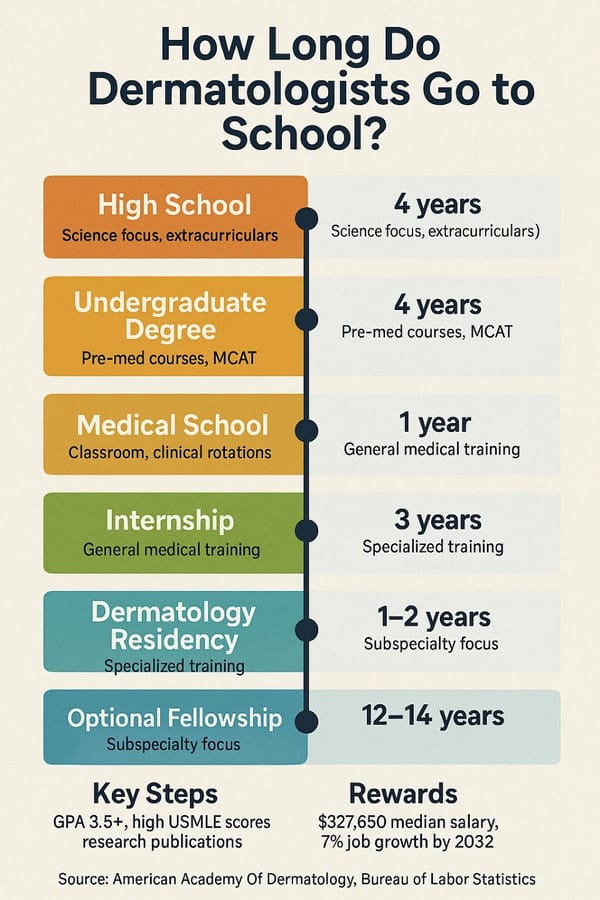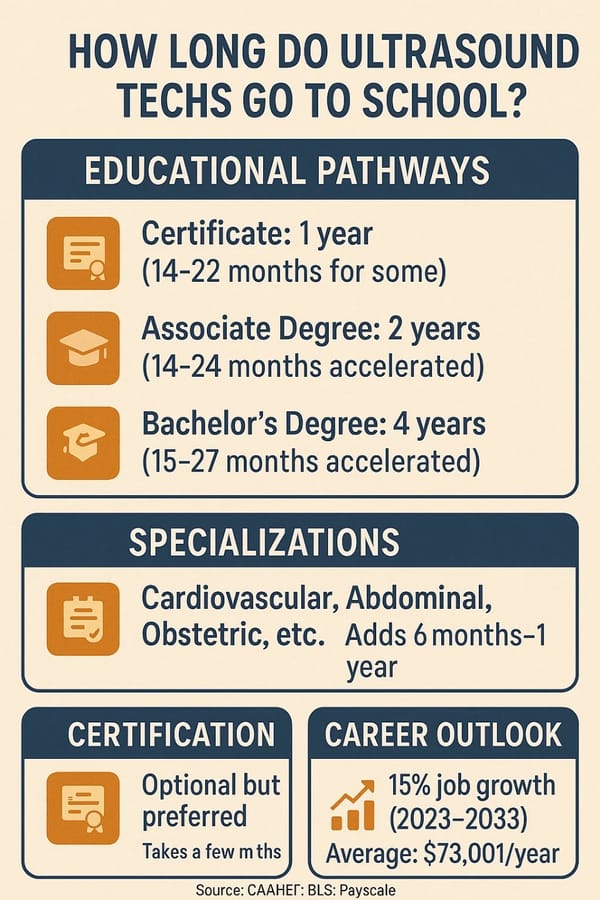How Long Do Psychologists Go to School? A Comprehensive Guide
A psychology career path demands strong dedication and curiosity to explore the intricacies of the human mind. What is the duration required to achieve psychologist status? Aspiring professionals can follow this guide to learn the educational journey from undergraduate coursework to professional licensure.
Introduction: The Process of Becoming a Psychologist Shapes Your Professional Journey
What steps must one take to comprehend the intricate workings of human cognition? A career in psychology delivers rewards through client support in mental health recovery and behavioral research. A career in psychology demands an extensive educational period that encompasses 8 to 12 years post-high school. This article examines educational stages for psychology students and explores various specializations while including a personal story to assist students and career changers who are exploring psychology. At the conclusion of this guide you will possess a definitive roadmap that helps you determine whether this career path suits your goals.
The Educational Path: A Step-by-Step Breakdown
The process to become a psychologist involves academic learning and practical experience to develop professional expertise. We will examine each phase and discuss both timelines and key considerations.
Bachelor’s Degree: Laying the Foundation (4 Years)
Students must complete their bachelor’s degree which typically requires four years of study before they can advance to the next step. Most students pursue psychology as their major but others achieve similar results with majors in sociology or education. The California Board of Psychology explains that a bachelor's degree teaches foundational research methods, statistics, and developmental psychology to prepare students for advanced graduate programs.[1]
Throughout these academic years students will study both cognitive psychology and social behavior and develop their critical thinking abilities. Pro tip: Gain experience and improve your graduate school applications by seeking internships or volunteer positions at places such as crisis hotlines. These opportunities help highlight your resume while providing insight into your professional field.
Graduate School: Master’s and Doctoral Degrees
Graduate education marks the point at which your academic journey turns toward specialized study. Your educational path will involve selecting either a master’s degree, a doctoral degree or both based on your career objectives.
Master’s Degree (2-3 Years, Optional)
A professional with a master’s degree in psychology can pursue career paths such as school psychologist or marriage and family therapist after completing 2 to 3 years of study. This degree serves as an initial step toward enrolling in doctoral programs. According to Verywell Mind master’s graduates often secure positions as research assistants or care coordinators, but this educational degree does not serve as a mandatory requirement for obtaining psychologist licensure.[2]
Doctoral Degree (4-7 Years, Required for Licensure)
Psychologists must earn either a Doctor of Philosophy (Ph.D.) or Doctor of Psychology (Psy.D.) degree to obtain their license. A doctorate program requires 4-7 years to complete based on applicants' previous educational background and program design. The Ph.D. program maintains a strong research and academic foundation that demands a dissertation as part of its completion requirements. The Psy.D. emphasizes clinical practice for client-facing roles.
Choosing between them depends on your aspirations. Dream of teaching or conducting research? Go for a Ph.D. Prefer therapy sessions with clients? A Psy.D. might be your fit. The California Board of Psychology mandates regional accreditation of doctoral programs.[1:1]
Internships and Supervised Experience: Hands-On Training (1-2 Years)
Doctoral candidates require 1-2 years of supervised work experience before licensure which includes mandatory internships during doctoral training and possible additional postdoctoral training.
The path to licensure requires 1-2 years of supervised professional experience which typically includes a one-year internship during doctoral studies and may require additional postdoctoral hours. During this stage you'll practice your newly acquired knowledge by working through therapy sessions and assessments which will happen under the supervision of a licensed psychologist.
During their internships students can work in hospitals clinics or schools where they learn skills that include ethical decision-making and client rapport. Real-world training plays an essential role in fulfilling state licensure requirements and equipping practitioners for autonomous work.
Licensure: The Final Hurdle
Psychologists require state licensure to legally practice their profession. This involves:
- Passing the Examination for Professional Practice in Psychology (EPPP) which serves as the national psychology knowledge assessment.
- State-specific requirements for licensure include extra exams or specialized coursework in fields such as child abuse assessment.
- Maintaining licensure through continuing education.
A number of professionals obtain board certification in specializations such as clinical psychology to enhance their professional reputation. The California Board of Psychology outlines pre-licensure coursework to ensure readiness.[1:2]
How Long Does It Really Take? A Timeline Summary
So, how do these stages add up? Here’s a clear breakdown:
| Stage | Typical Duration |
|---|---|
| Bachelor’s Degree | 4 years |
| Master’s Degree (optional) | 2-3 years |
| Doctoral Degree | 4-7 years |
| Internships/Supervised Experience | 1-2 years |
| Total | 8-12 years |
This assumes a straightforward path. The duration of study increases when students take breaks during their career or choose part-time education options. Obtaining a master’s degree before pursuing a doctorate can extend the time required but enhances your academic proficiency.
Specializations also affect duration. School psychologists can begin their careers with a master’s degree and certification which reduces their training period compared to clinical psychologists who usually require 8-12 years of education and training. According to Verywell Mind therapists who pursue alternative roles in psychology may complete their education faster through a master’s degree.[2:1]
Specializations: Tailoring Your Path
The field of psychology consists of various specializations that influence both educational pathways and professional careers. Below you will find a selection of popular psychology specializations as identified by Indeed:
- Clinical Psychology involves diagnosing and treating mental illnesses through work in hospitals and private practices.
- Counseling Psychology offers support for both emotional and social issues through work in educational institutions or medical clinics.
- Forensic Psychology uses psychological principles to analyze legal situations including courtroom evaluations.
- Industrial-Organizational Psychology works to improve workplace dynamics primarily within corporate environments.
- School Psychology focuses on understanding student behavior and learning within educational institutions.
- Neuropsychology studies the connections between brain function and behavior within medical environments.
- Health Psychology focuses on improving wellness by altering behaviors and frequently operates within public health frameworks.
- Sports Psychology enhances athletic performance through individual coaching and team collaboration.
- Developmental Psychology analyzes changes throughout the human lifespan and generally takes place in research or academic settings.
- Social Psychology examines how social factors impact behavior and applies these findings in research and policy development.
Every specialization in psychology might need specific qualifications but the majority require a doctorate degree for obtaining licensure. Through early specialization students can direct their studies as Indeed explains.[3]
A Personal Journey: From Student to Psychologist
Find inspiration for this career path through Dr. Sarah’s journey on Pocket Prep. During her junior year at Rutgers Sarah found her calling in psychology because she was captivated by how the mind and body connect. She completed her bachelor’s degree before enrolling in Drexel University for a master’s program in clinical psychology with a focus on forensics while handling coursework together with thesis work and internships.[4]
She started her career by counseling inmates after completing her degree before moving on to research PTSD therapies and eventually taking a teaching position in psychology. At Resility Health she performs her role as a Clinical Manager by helping teens and their families. Sarah’s career demonstrates that a lengthy path in professional development maintains flexibility which enables people to change direction as their interests develop. Her career journey inspires those who question how passion influences professional paths.
“The beauty of psychology is its versatility,” Sarah shares. “Every step taught me how to better understand others and myself.”
Is It Worth the Time? Career Outlook
Given the extended duration of this path one could question whether it provides value. The numbers say yes. According to the U.S. Bureau of Labor Statistics psychologists will see 6% job growth through 2032 while clinical and counseling positions will expand by 11% because mental health demands are increasing.[5] The median annual wage reached $92,740 in 2023 which shows strong earning potential.
Applicants with doctoral qualifications in applied fields find high demand for positions in schools, hospitals, and social services. Educational investment leads to opportunities for significant work with substantial financial rewards. For example, school psychologists help students overcome learning barriers, while clinical psychologists support clients through life’s challenges, making a tangible impact.
Conclusion: Your Next Steps
The journey to becoming a psychologist spans 8 to 12 years, combining rigorous academics with practical training. Whether you aim to assist clients with mental health, conduct groundbreaking research, or improve organizational dynamics, this path offers multifaceted rewards. Begin by exploring your passions—volunteer at a mental health clinic or shadow a practicing psychologist to gain insight. Select accredited programs, such as those endorsed by the American Psychological Association, and choose your specialization early to focus your efforts.
Are you ready to embark on this journey? Connect with professionals in the field, dive into resources like the California Board of Psychology, and share your aspirations below. Your exploration of the human mind starts now—what will your next step be?
The source presents information about what California requires for psychology education and licensure. ↩︎ ↩︎ ↩︎
The article summarizes the educational path and timeline required to become a psychologist. ↩︎ ↩︎
This resource outlines various psychology specializations alongside their corresponding career opportunities. ↩︎
The personal narrative provides insight into the academic development and professional path of a psychologist. ↩︎
This resource presents employment trends and compensation statistics for psychologists. ↩︎
